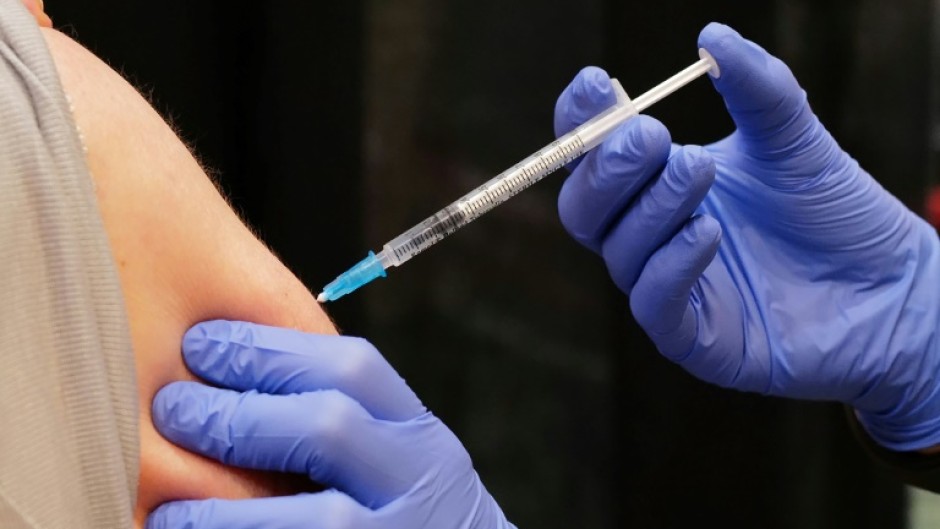NEW YORK - Pharmaceutical firms Pfizer and BioNTech are suing the governments of Poland and Hungary alleging they failed to pay for vaccines ordered during the Covid pandemic, lawyers said Tuesday.
EU member countries ordered vaccines for their population through a joint purchase scheme, and so the companies are bringing their case before the courts in Belgium, the European Commission's host country.
According to the law firm representing Poland in the case, the US and German companies are demanding that Poland pay a debt of 5.6 billion zlotys, or 1.3 billion euros ($1.4 billion), plus interest.
Hungary is also accused of breach of contract, but a source close to the case told AFP that Budapest faces a much smaller claim of 60 million euros for three million vaccine doses.
Pfizer confirmed the cases were under way but would not confirm the sums demanded.
"Pfizer and BioNTech are seeking to recover money owed for Covid-19 vaccine orders which were contractually agreed with these governments, as part of their contract to supply the European Union signed in May 2021," the two companies said.
- 'Large quantities' -
According to Brussels law firm Strelia, Poland's dispute with Pfizer goes back to April 2022.
Then, the Polish government "informed Pfizer Inc. and the EU Commissioner for Health and Food and Safety that it will not take delivery of the vaccines, and it invoked several legal arguments and factual circumstances in support of its position".
In a social media post earlier this month, Hungarian government spokesman Zoltan Kovacs accused the European Commission and Pfizer of colluding to squeeze money out of EU member states.
"It is obvious that these vaccines were ordered and forced on member states in unnecessarily large quantities," said Kovacs, who is Prime Minister Viktor Orban's chief of international communication.
Pfizer contested these arguments and alleged breach of contract, lodging the complaint against Poland in September.
The Brussels court told AFP that an introductory hearing would be held on January 30.
No evidence has been presented of any corruption in the European Commission joint purchasing scheme.
But commission president Ursula von der Leyen has been criticised by the EU ombudsman for refusing to make her text messages with Pfizer CEO Albert Bourla part of the public record.
mad/dc/rmb/lth
By Matthieu Demeestere

